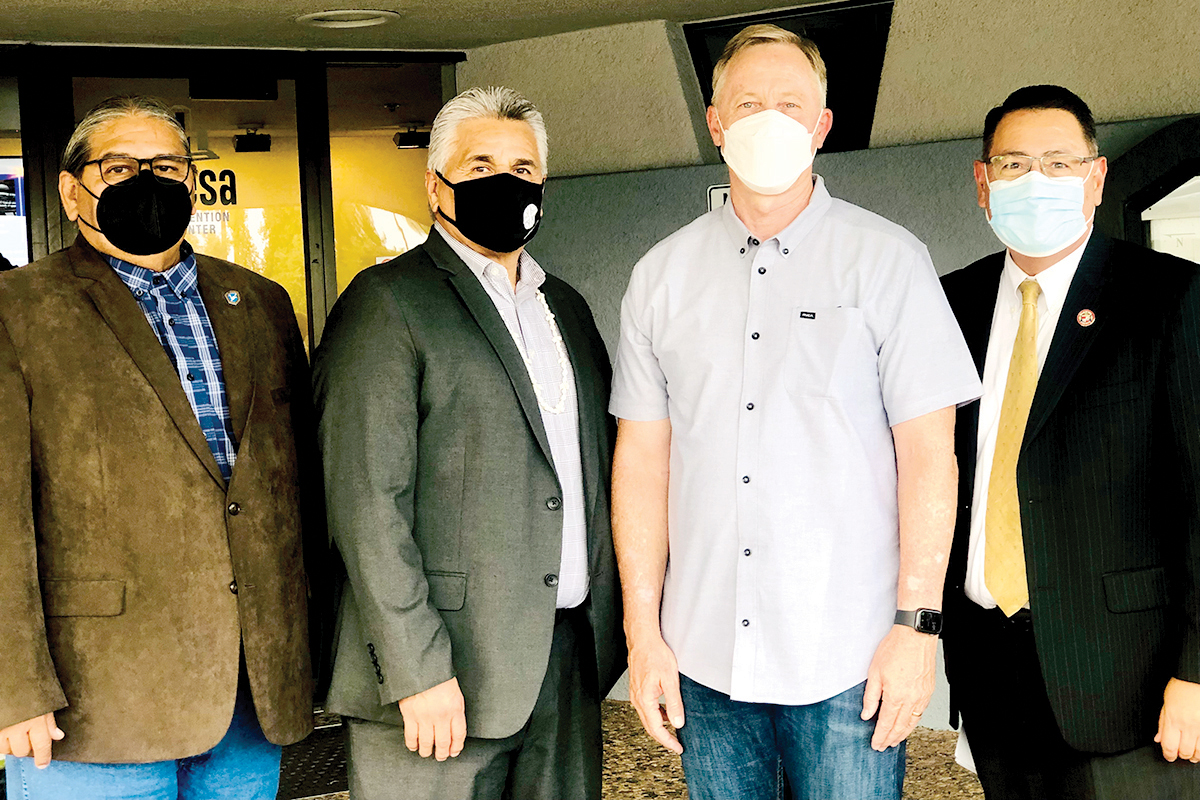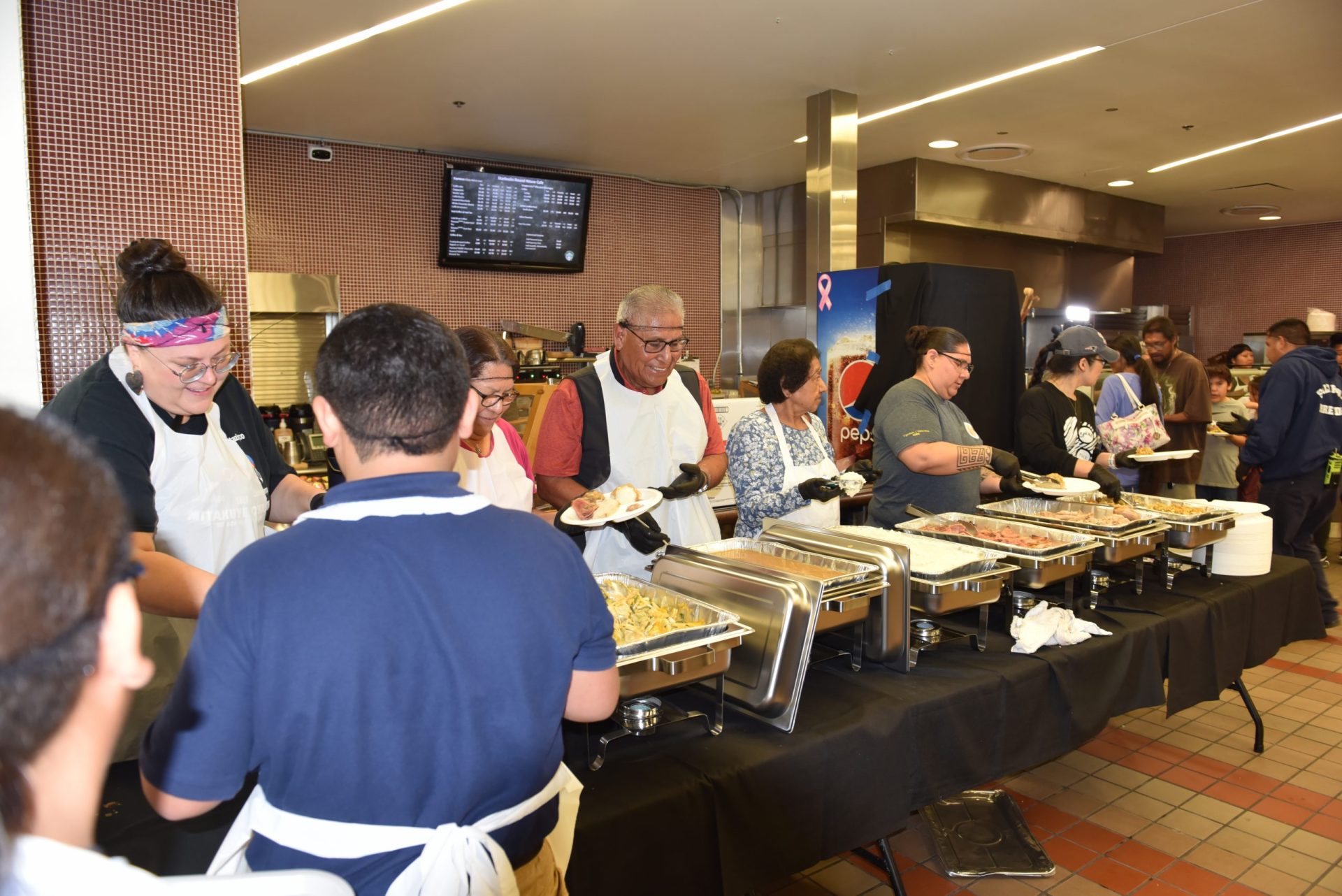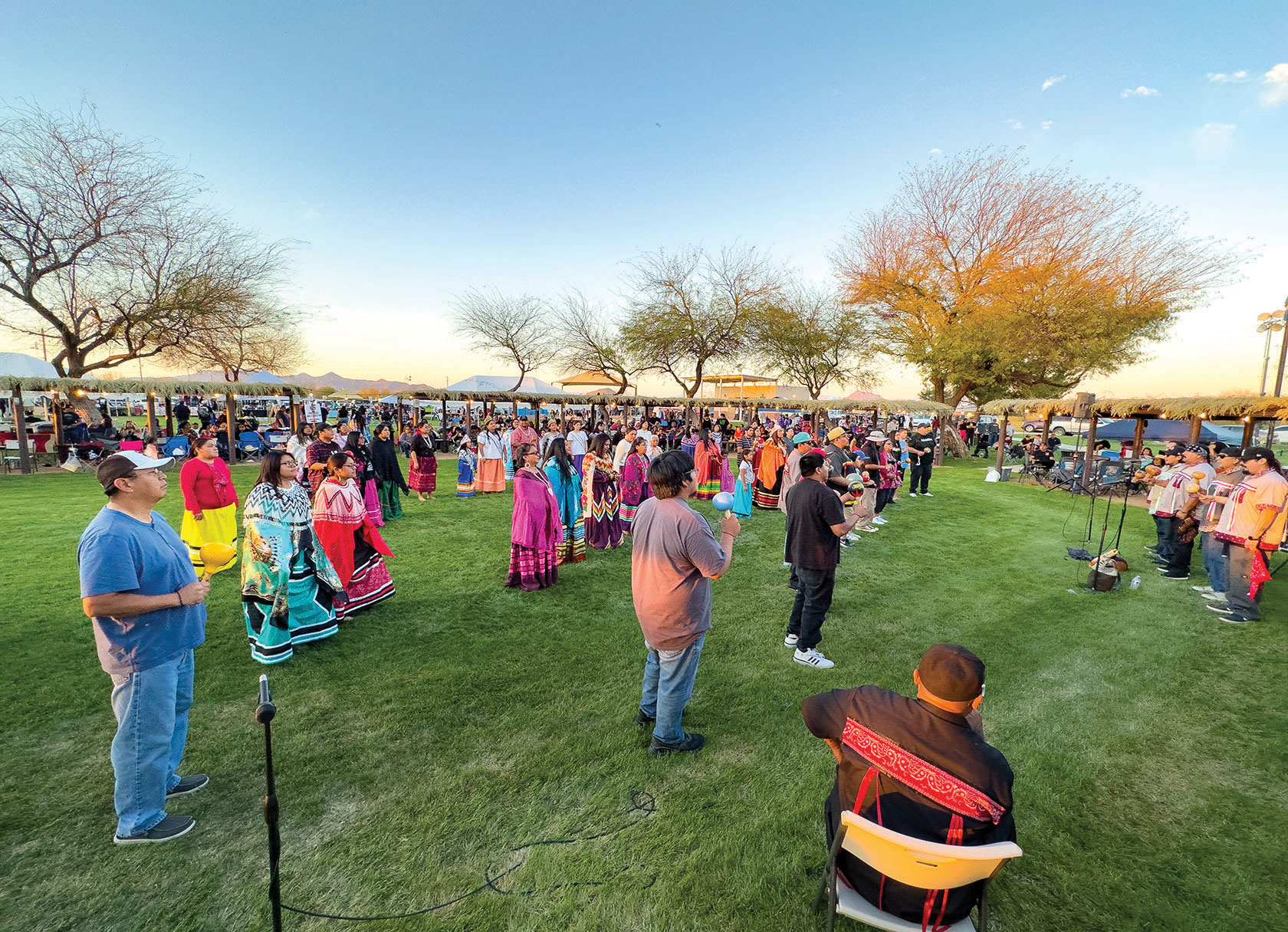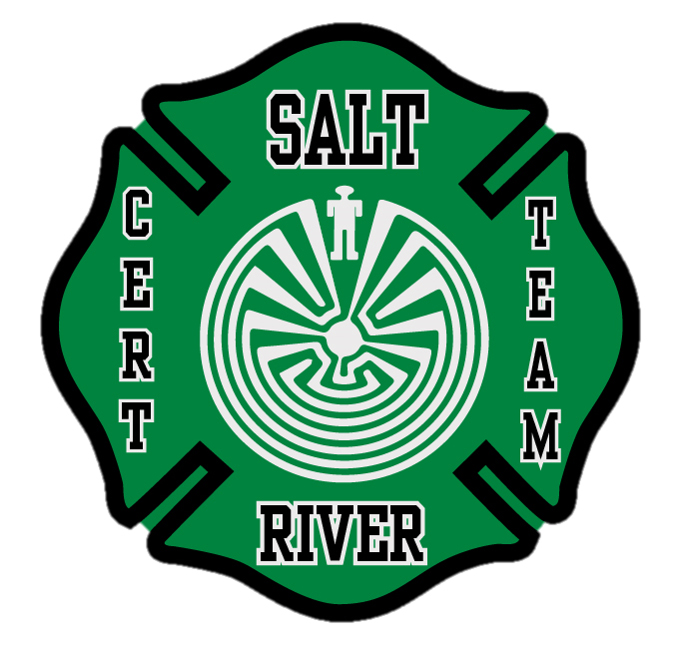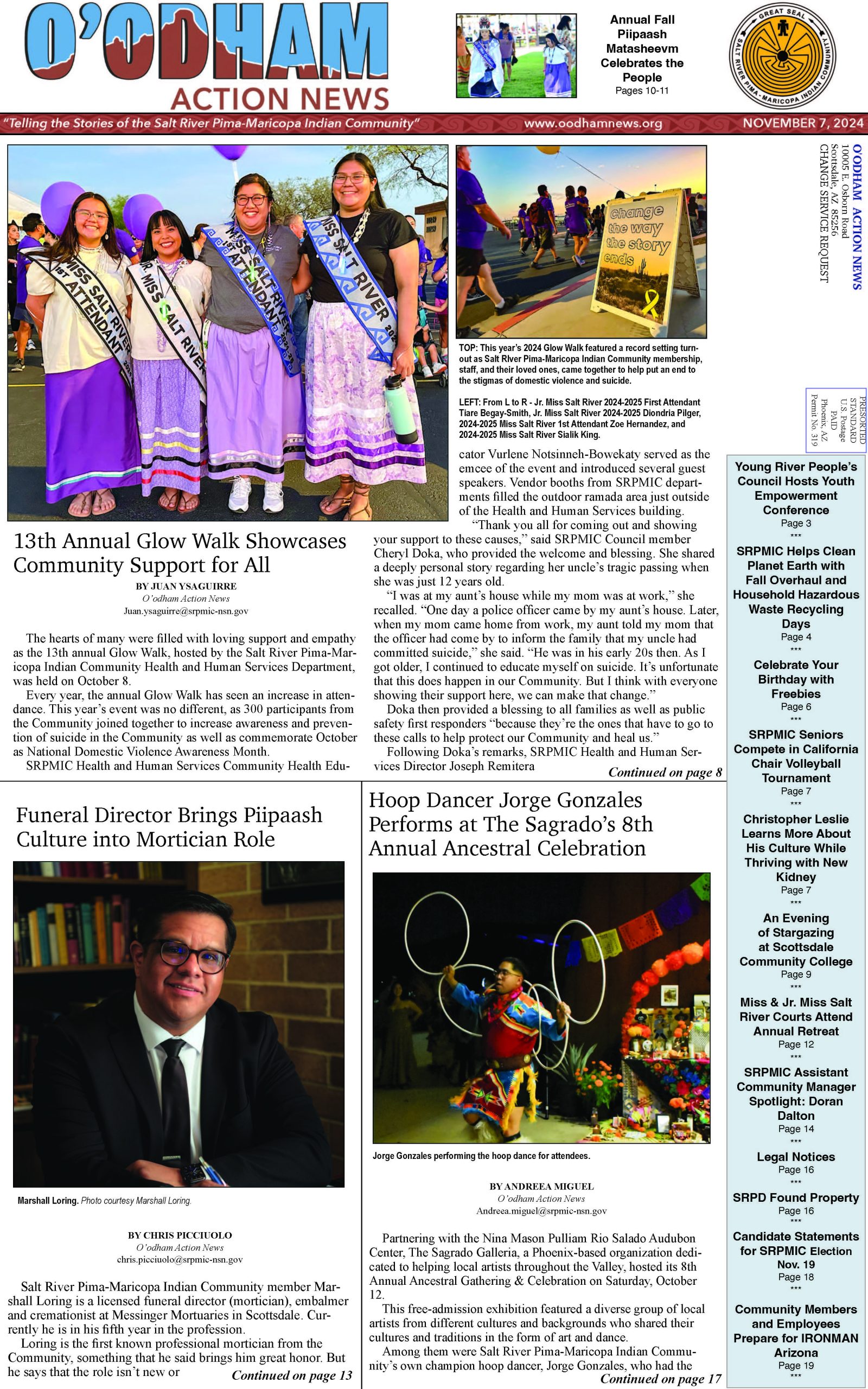VIEWS: 2725
September 1, 2021SRPMIC Shares Redistricting Recommendations with Arizona Independent Redistricting Commission
Every 10 years, after the U.S. Census is taken and the results are available, a process called redistricting happens in each state. Redistricting is the process of modifying the lines of voting districts in accordance with population changes throughout the United States. Every state has its own body that oversees redistricting, and in Arizona it’s the Arizona Independent Redistricting Commission. This commission has been holding public meetings to listen to suggestions and comments from Arizona citizens on how the state will re-draw Arizona’s congressional and legislative district boundaries to reflect the recent census results.
As Arizona modifies its congressional and legislative districts, all district lines must be reviewed to meet requirements for population equality and voting rights protections. Other factors taken into account by the Arizona Independent Redistricting Commission are the federal Voting Rights Act, district shape, geographical features, respect for communities of interest and potential competitiveness.
A new Arizona Independent Redistricting Commission was appointed in January 2021 to adopt new congressional and legislative districts for Arizona. The Commission started a listening tour in July, holding a number of public meetings throughout Arizona until the end of August. The process looking ahead involves drawing the grid map in September, developing possible draft maps and adopting the official draft map in September and October, a 30-day public comment period on the draft map during October and November, and revising the draft map and adopting the final redistricting plan in December.
SRPMIC President Martin Harvier addressed the Commission on August 9, accompanied by Vice-President Ricardo Leonard and legislative staff.
“Our Community has a long history in the Phoenix Metro area and is a vital partner in the East Valley. We have participated in this process since the Commission was created in 2000,” said Harvier as he greeted the Commission and guests. “I would like to thank you [Commission] for the work that you are doing to hear from the public as you begin to draw the state’s legislative and congressional districts. I know it will be a daunting effort, but I am hopeful you will consider the recommendations of our Community.”
Harvier shared five recommendations with the Commission:
1. The Commission should keep the SRPMIC in a single legislative and congressional district. “As a unique Community of interest, a tribal community is located in only one census tract. I believe this should not be a problem for the commission to consider,” said Harvier.
2. Place the Community in an urban legislative and congressional district and not in any large rural district.
3. Locate the SRPMIC and the Fort McDowell Yavapai Nation in the same congressional district, because they share a common border and support being located in the same district.
4. Because the Community also shares a common border with the City of Scottsdale and has similar transportation, public safety and solid-waste issues, to name a few, locate the Community in the same congressional district with Scottsdale.
5. Locate the Community in the same district as Tempe and Mesa, again because of mutual beneficial activities that we have with each of these cities.
“One example is that a large number of our Community youth attend school in the City of Mesa, and we work closely with the Mesa Public School District on education matters,” said Harvier. “As a result, we support being located in the same legislative district, such as the current legislative district we are in, LD-26.”
Harvier believes that all these recommendations meet the criteria of the Arizona Independent Redistricting Commission and asks that they be considered in this process. As Harvier closed his statement, he invited the Commission to host a hearing in the SRPMIC in the future. He also advised the Commission that the Community would be submitting a written statement for the record.
To learn more about Arizona’s redistricting or to view past and future Commission meetings, visit http://irc.az.gov/public-meetings. Meetings are held every Tuesday.

